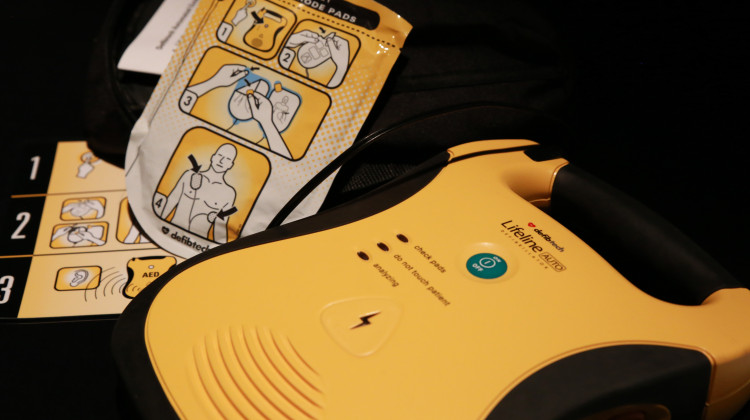
The survey was designed by NCAA research in collaboration with the NCAA Sport Science Institute and the Division I, II and III Student-Athlete Advisory Committees.
AP Photo/Michael Conroy, FileA survey of college athletes by the NCAA suggests that rates of mental exhaustion, anxiety and depression remain as much as twice as high as pre-pandemic levels, but feelings of hopelessness have improved.
The results of the study, a follow-up to two conducted in the fall of 2020, were released Tuesday. The data is based on input from more than 9,800 respondents and shows that mental health concerns remain sharply elevated.
The survey was conducted from Nov. 17-Dec. 13 and was designed by NCAA research in collaboration with the NCAA Sport Science Institute and the Division I, II and III Student-Athlete Advisory Committees.
The results show that 69% of women’s sports participants and 63% of men’s sports participants agreed or strongly agreed that they know where to go on campus if they have mental health concerns. However, less than half of each said they would agree or strongly agree that they would feel comfortable seeking support from a mental health provider on campus.
The NCAA constitution mandates that each member school create an environment that reinforces the need for and encourages the availability of resources for the physical and mental health concerns within athletics.
Since March 1, at least five athletes at NCAA member institutions have died by suicide, highlighting the growing need for awareness of services available on campus as students juggle the stresses of athletic competition, expectations, academics, a social life and plans for the future.
“A lot of what influences the direction on this topic is what sort of conversations are happening on a campus surrounding mental health,” Scott Hamilton, a mental health clinical counselor at DePauw University in Greencastle, Indiana, said in a new release. “Are there groups on campus, whether through the athletics department or through counseling services, using their voice to help reduce the stigma?”
Working with teams, Hamilton said, has been effective in changing mindsets.
"When college campuses are willing to have open conversations about the importance of mental health, taking care of yourself mentally can ease the apprehension of student-athletes seeking help,” he said.
According to survey data, 65% of female athletes and 58% of male athletes agreed or strongly agreed they take the mental health concerns of teammates seriously, and 56% of both sexes said they know how to help a teammate with a mental health concern.
Also, 55% of men and 47% of women agreed or strongly agreed that mental health is a priority of their athletic department, and 59% of men and 50% of women agreed or strongly agreed that coaches take mental health concerns seriously.
 DONATE
DONATE






 Support WFYI. We can't do it without you.
Support WFYI. We can't do it without you.